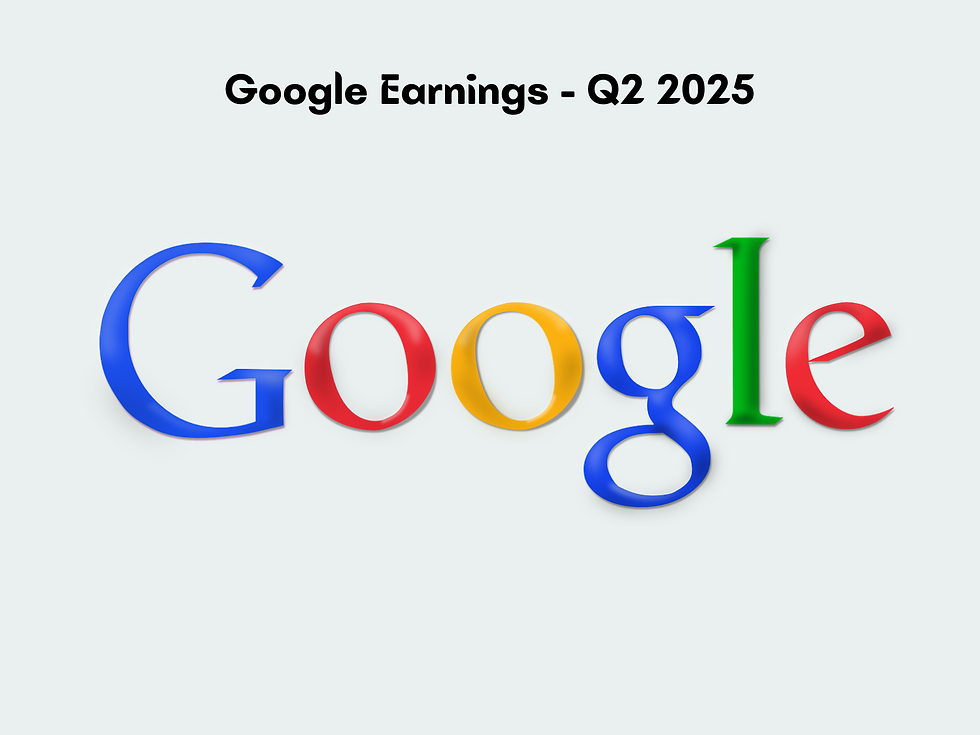Innovative Approaches to Effectively Diversify Your Halal Investment Portfolio
- Iqra
- May 11, 2025
- 4 min read
Updated: May 29, 2025
Investing in a Halal Manner: Strategies for Ethical Financial Growth
===================================================================
Investing in a halal manner is about more than just following rules; it represents a dedication to ethical financial growth. As global markets evolve, halal investors are exploring diverse strategies to reduce risks and boost potential returns. In this guide, we will share innovative methods for effectively diversifying your halal investment portfolio.
Understanding Halal Investments
To effectively diversify your halal investments, it’s essential to understand what qualifies as halal. Halal investments comply with Shariah law, which prohibits certain activities, including alcohol, gambling, and usury. Investments must be based on tangible assets that yield ethical profits.
To enhance your halal portfolio, consider various asset classes like equities, real estate, and commodities. For instance, halal mutual funds and ETFs can expand your options, each bringing distinct risk and reward profiles.
The Importance of Ethical Investing
Investing ethically goes beyond profit. It represents a commitment to societal well-being. Halal investments focus on businesses that refrain from harmful practices. This ethical approach is not only morally satisfying; it can also lead to financial success.
Investors who prioritize ethics often find they can build a sustainable portfolio. By aligning their investments with personal values, they contribute to a better world while achieving their financial objectives.
1. Consider Equities with a Halal Screen
Stocks are a popular way to diversify investments, but not all are halal. A screening process can help you identify compliant companies. Focus on sectors that demonstrate strong growth potential, like technology, healthcare, and renewable energy.
For instance, companies like NextEra Energy, which centers on renewable energy, have performed well, delivering returns exceeding 50% over the past five years. Conversely, avoid stocks related to alcohol and gambling. Utilizing halal stock indices or dedicated funds can streamline your selection process.
2. Real Estate Investments
Real estate is a robust investment choice that can generate rental income and appreciate in value. Halal real estate often involves owning rental properties or investing in Shariah-compliant real estate investment trusts (REITs).
For example, investing in urban properties in areas with a 10% annual growth rate can yield significant returns. Additionally, properties that fulfill community needs, such as affordable housing, not only provide financial benefits but also align with Islamic values.

3. Explore Halal-compliant ETFs
Exchange-Traded Funds (ETFs) offer a practical way to diversify across sectors without choosing individual stocks. Halal-compliant ETFs are structured to meet Shariah requirements, making it easier to expand your portfolio.
These funds typically contain a basket of screened securities, reducing the effort needed to find suitable investments. Notably, they often have lower minimum investment thresholds, making inclusion in your portfolio more accessible.
4. Diversifying into Commodities
Commodities like gold, silver, and agricultural products are excellent options for halal portfolios. These assets usually maintain intrinsic value and can shield your portfolio from inflation.
For example, gold prices surged by nearly 30% during economic uncertainty in 2020. Investing directly in physical commodities or commodity-focused funds can provide stability—just ensure your investments comply with Islamic trade standards.
5. Assess Alternative Investments
Alternative investments, including halal crowdfunding platforms, provide unique diversification opportunities. Crowdfunding allows you to support startups or projects not typically available through traditional channels, which may lead to substantial returns.
Platforms focused on renewable energy or socially responsible initiatives can be appealing. For example, crowdfunding a green energy project could yield returns of 15-20% annually, but thorough research is essential due to the inherent risks.
6. Create a Balanced Portfolio
A well-structured halal portfolio spreads risk by including assets that are not closely correlated. This means combining equities, real estate, and commodities strategically.
Asset Allocation
Consider allocating 60% to equities, 30% to real estate, and 10% to commodities based on your risk tolerance and financial goals. Regular portfolio evaluation ensures that your asset mix aligns with your overall investment strategy.
7. Leverage Islamic Financial Instruments
Islamic financial instruments like Sukuk and Murabaha agreements offer valuable diversification. Sukuk provide a consistent income stream without interest, while Murabaha supports asset purchases while adhering to halal standards.
Understanding these tools can enhance your investment strategies, contributing to a diverse halal portfolio that meets your financial objectives.
Importance of Financial Literacy
Investors should educate themselves on these instruments to maximize their benefits. Financial literacy enables informed decision-making, which is crucial for successful halal investing.
Final Thoughts
Diversifying your halal investment portfolio is about more than just adding assets; it is a strategic approach to manage risks and improve returns while adhering to Islamic principles. By investing in halal equities, exploring real estate, leveraging ETFs, considering commodities, and utilizing alternative investments, you can build a balanced and sustainable portfolio.
Stay focused on your investment goals and ethical considerations, guiding your choices toward a portfolio that showcases your values. With careful planning and informed decision-making, halal investing can be a fulfilling and rewarding journey.
In conclusion, halal investing isn’t just a financial exercise. It represents a commitment to principles that matter. By choosing the right strategies and remaining true to ethical standards, you can achieve financial growth while making a positive impact on society.


